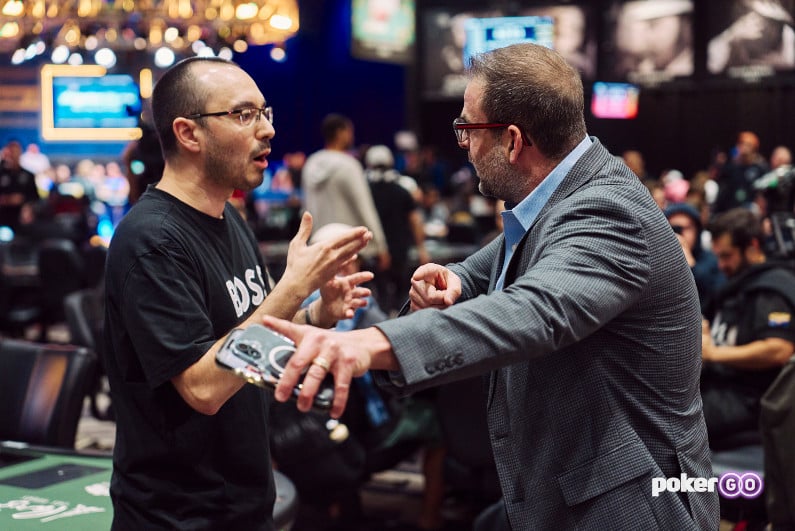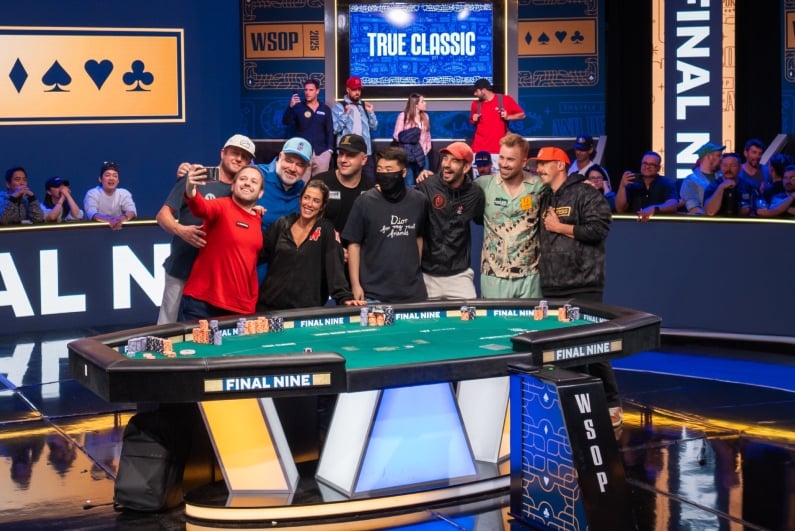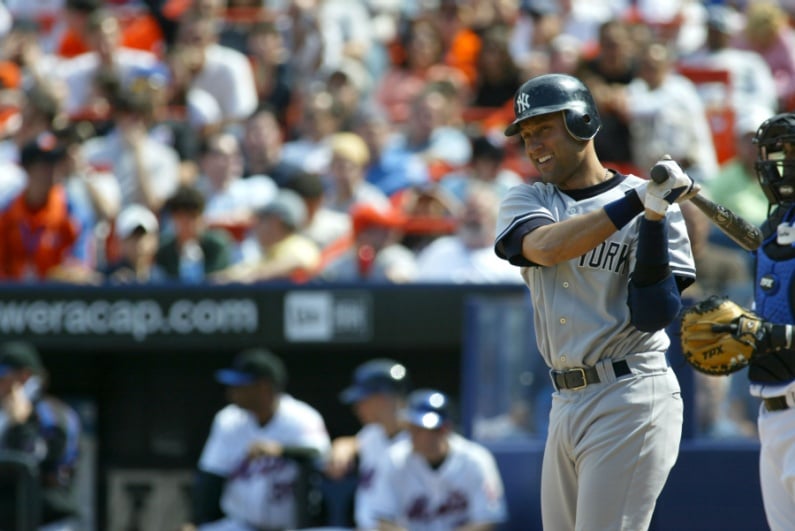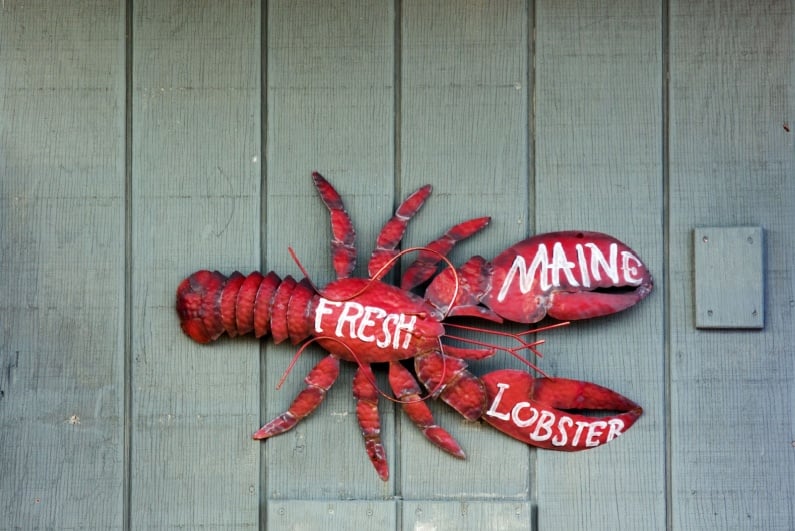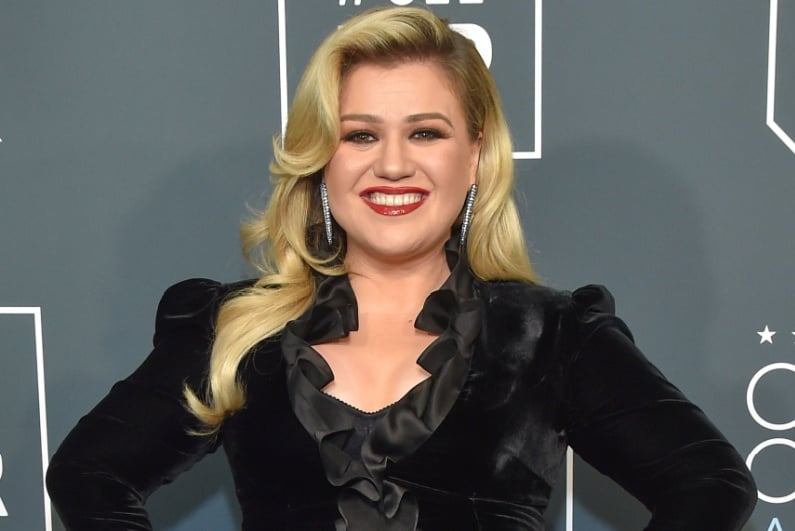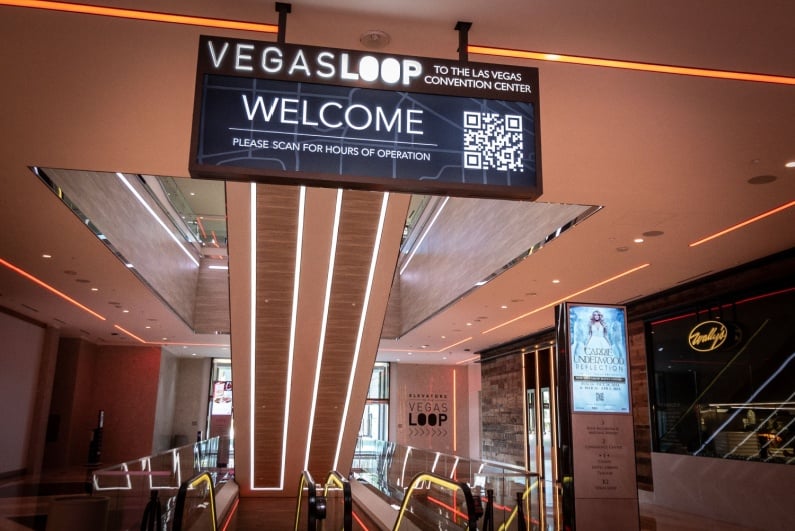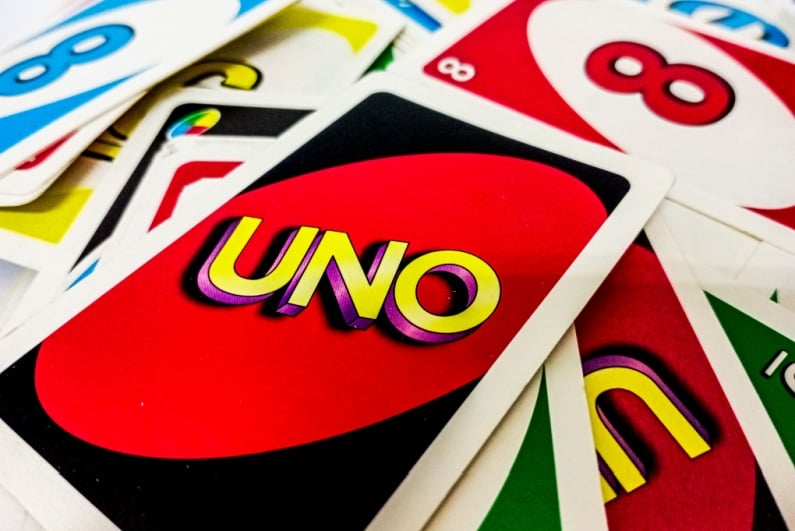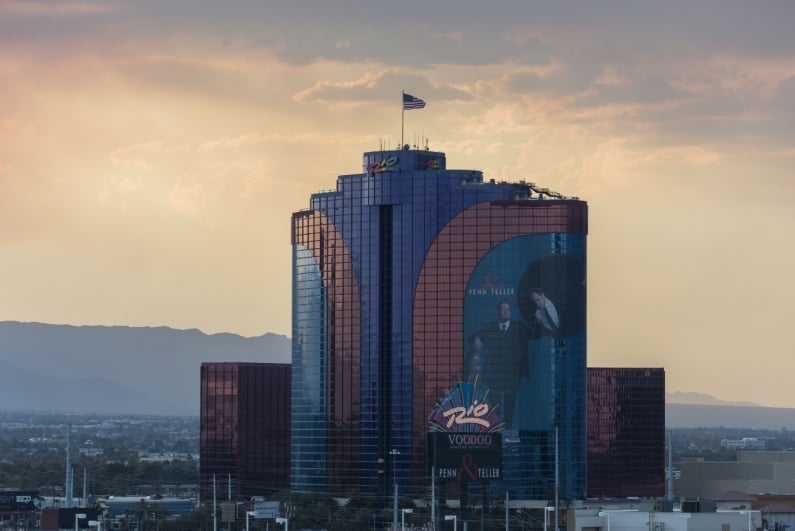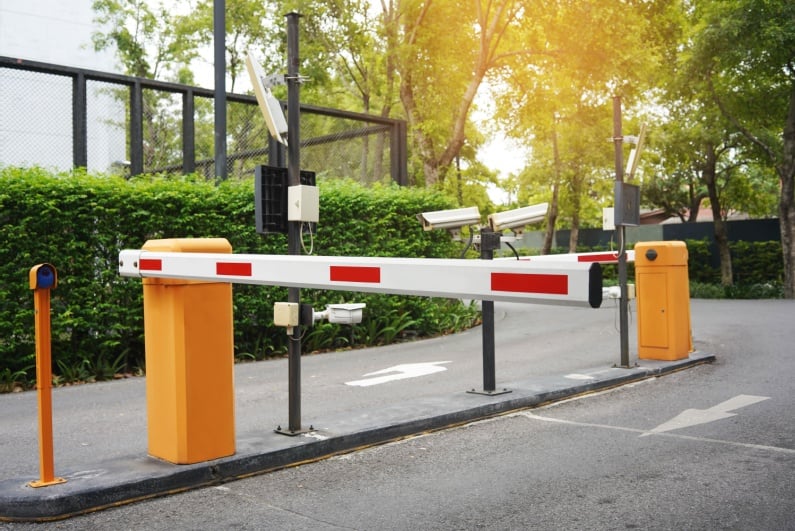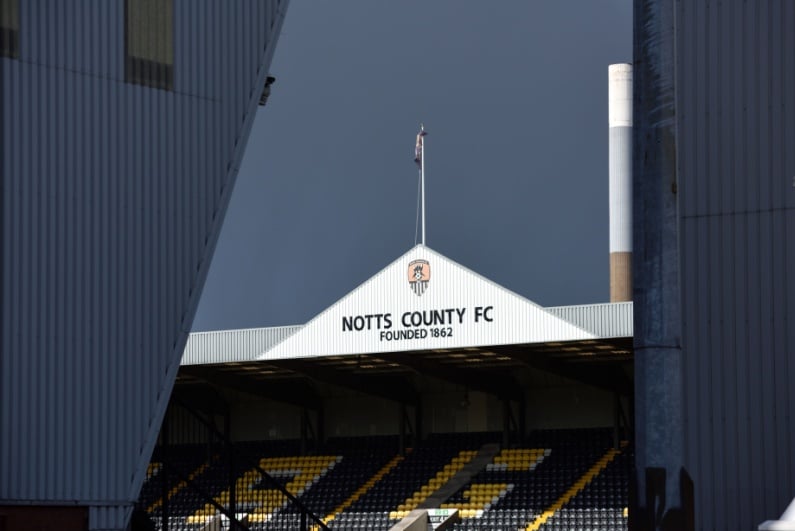
Top News Stories
Casino News
Crime
Most viewed articles
- David Lappin: The Problem With William Kassouf
- Japanese Poker Player Reported Missing Along With $10k WSOP Buy-In Cash
- Margets, Mizrachi, Hendrix and Hallaert Aiming for the Sky as WSOP Main Event Final Table Set
- Caesars Entertainment Laying Off Significant Number of Workers, Rumors Suggest
- FanDuel Changes T&Cs After Tipster’s $11 MLB Parlay Wins $2.2m for Subscribers
- Dara O’Kearney: Tales From the WSOP 2025 Part 5
- Chickasaw Lighthorse Police Hunt Suspect in Fatal Oklahoma Casino Shooting
- Will Kassouf Denies Irish Open Chip Theft Accusations on Doug Polk’s Podcast
- Will the Irish Poker Tour’s ‘Summer In Dublin’ Create More Poker Drama? WPT Global Certainly Hopes So
- Woman Arrested for Attempted Murder After Firing Gun on Las Vegas Strip

